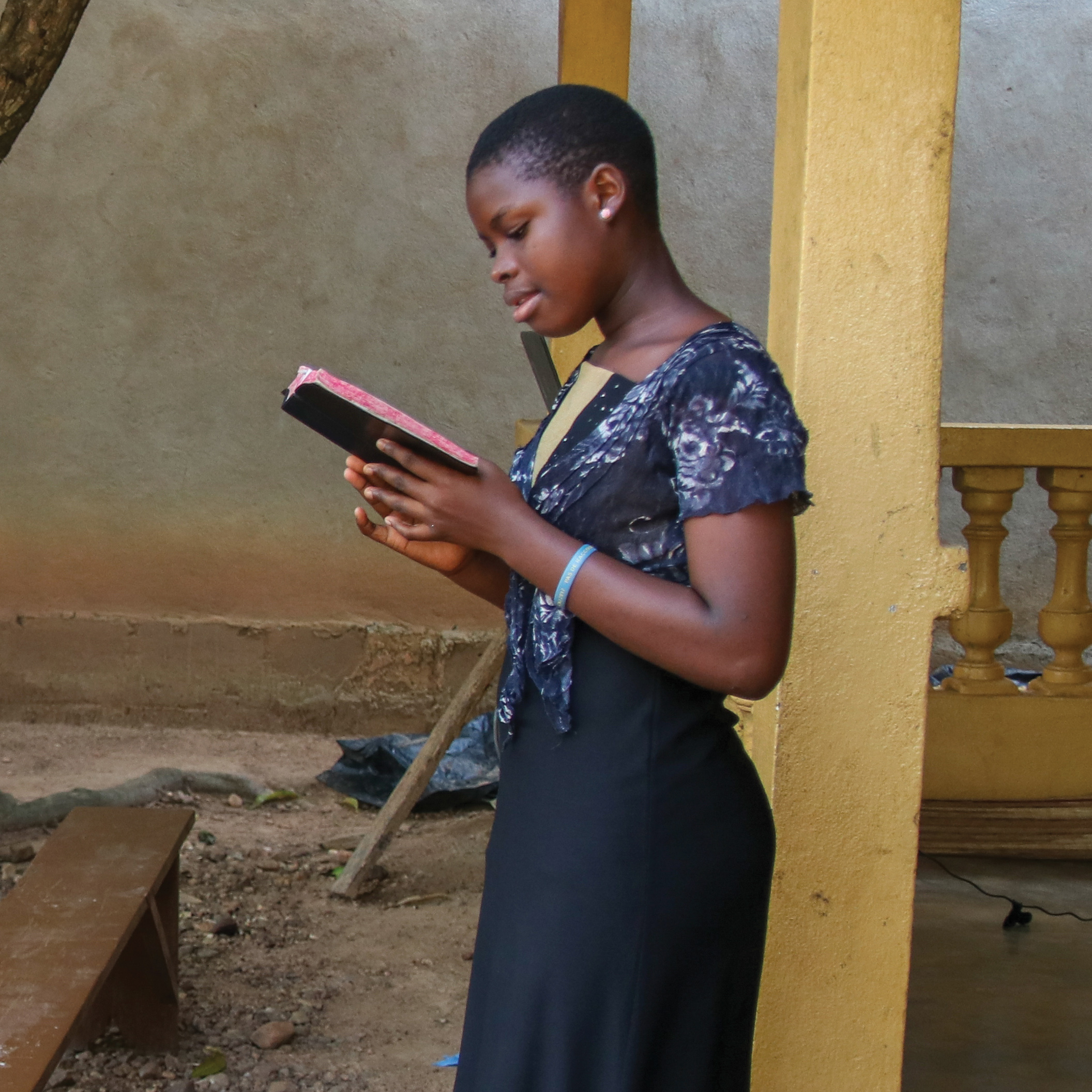Many of the missionaries will tell you about the blessing of having these teams in their ministries. Others will tell you about the burden that these teams bring and about their ineffectiveness. Consider the mixed nature of these actual quotes from missionaries who have hosted such teams:
- “Past experience hosting teams indicates that the substantially increased workload on the on-site missionaries preparing for and hosting short-term teams does not generate reciprocal benefit.”
- “Negative possibilities exist, but in my mind, they will not keep us from hosting short-term teams. That is why preparation/training is so important.”
- “We have hosted a short-term medical team. It was such a blessing to us, and our church. It requires a lot of organization and administration; it’s a challenge sometimes to have the time to organize the logistics.”
- “This is certainly a blessing, but it can also be a burden for busy missionaries.”
- “We love hosting teams.”
If you have hosted short-term missions teams, you too know both the challenges and rewards. Short-term missions teams can be time-consuming, expensive, difficult, uncomfortable, and even risky for those hosting. But the goal of missions trips isn’t to avoid difficulty—it’s to fulfill the Great Commission. Short-term missions can provide many benefits for the hosting missionaries and all involved. But, in order to take advantage of the benefits, we must carefully prepare and execute each trip.
As a host, you can help ensure your trips are designed to maximize the long-term, positive impact on your ministry and on the participants who come to serve.
Many years of hosting teams has taught me several ways the missionary can cultivate effectiveness and productivity for the short-term missions team. Here are just five.
1. Keep the Focus Spiritual
A short-term missions team must be spiritually focused throughout their entire trip.
It may seem obvious that a short-term missions trip should emphasize spiritual concerns like sharing the gospel and discipling others; however, mission trips require considerable logistical work and are often extremely busy. In the midst of all the details, schedules, and tasks, the spiritual value can be diminished or lost. One of the most important ways missionaries can influence the team is to help them remain spiritually-focused. While ministry tasks are important, the reasons behind the tasks are even more important.
Here are some practical ways to help missions teams focus on these deeper priorities:
- Emphasize the spiritual importance of the trip from the very beginning of the planning process.
- Encourage the team leader to include biblical lessons in all team meetings.
- Plan time in the trip schedule for team devotions each morning and a debrief time each evening. In the debrief time, concentrate on what God did in and through the team that day.
- Encourage the team to examine their hearts and motives for going on the trip.
- Remind the team that the ministry isn’t about them; it’s about loving and serving Christ.
- Remind the team that the trip isn’t about accomplishing a task; it’s about impacting lives.
- Suggest books or articles about missions and cultural intelligence for them to read.
2. Make Trip Design Collaborative
The trip design must be a joint effort between the hosting missionary, national partners, and the team leader.
Begin by identifying your ministry needs that short-term teams could meet. Reach out to national partners to understand their needs and their ideas to utilize teams effectively. Then, talk with the team leader to understand the team’s skills and abilities, and plan activities that leverage their skills to meet the identified needs.
This may require you to take a step back and look at the needs and goals of your ministry. With this perspective, then ask, “What need do we have that a short-term missions team could effectively serve?” (e.g. evangelism, training, construction, medical care, special event, etc.). Offer to host trips that meet those needs. You shouldn’t accept every team that wants to come to your field. If the team doesn’t fit exactly with your needs, you can determine whether the fit is close enough or if this team isn’t the right fit for your ministry.
Good trip design:
- Is mutually planned by host missionary, nationals, and team leader
- Involves collaboration with national partners and missionaries
- Builds long-term relationships
- Fits with long-term ministry goals
- Doesn’t do work that the nationals could do themselves
- Provides positive impact on the ministry and trip participants
- Has realistic goals
- Can include general and specialized ministry experiences that utilize team skill sets
Remember: you’re gaining resources for your ministry and your national partners’ ministries that can provide long-term impact and lasting relationships. Design your trip accordingly.
3. Engage With the Team Leader
From my experience, working with the short-term team leader is the most critical component of a successful trip.
The team leader prepares the team spiritually, culturally, and logistically. You must work closely with the team leader to ensure you receive an adequately-prepared team. Your connection with the team leader should happen as soon as possible in the pre-trip process, ensuring you build a healthy relationship before the team arrives on the field. An early connection enables you to proactively educate the team and answer questions during pre-trip training. Send the leader key information (i.e. cultural tips, logistical details, etc.) for the team to review and ask questions at the meetings with you.
Be sure to work with the team leader in these ways:
- Train the leader and let the leader train the team members.
- Communicate with the team leader early and often.
- Help the team leader to set proper expectations for the trip.
- Provide a trip planning guide with information specific to your country and ministry.
- Provide a cultural guide for your country and community.
- Provide information needed for the team to prepare for their ministry.
4. Prepare Intentionally
Proper preparation is vital to the success of the trip.
In addition to helping the team leader prepare and train the team, the hosting missionary must personally prepare for every leg of the journey—from the time the team lands at the airport until they board the plane home. Although circumstances often force plans to change, the best plans are easily adjustable, embracing God-ordained detours in the schedule.
Take these actions in planning your trip:
- Plan the ministry with national partners and make sure they have all of the information to be prepared to receive the team.
- Prepare a detailed trip budget and stick to it as much as possible.
- Gather team information in an efficient, organized way for easy reference later.
- Purchase any ministry supplies the team isn’t bringing.
- Arrange all food, lodging, and transportation.
- Consider health and security issues and make the requisite preparations.
- Plan time for orientation of the team upon their arrival.
Be thoroughly prepared—prepared even for things to change.
5. Be the Host and Leader
The hosting missionary is responsible to lead the trip to ensure the team has a positive impact on the ministries they serve.
As the missionary host, take charge in making choices concerning the mission effort. If the decision involves ministry or culture, take the lead and inform the team leader of your decision and any applicable reasons. You, along with the local ministry leaders, should make all of the decisions related to ministry and culture. When you suggest a specific path, explain the reasons to the team leader, but they should follow your suggestions. If there’s any pushback, remind them the team is there to support and strengthen your relationship and ministry within the community and that you have to own the decisions after they leave. Show grace and flexibility, but maintain control for the good of the ministry. You have responsibility to God and to your national partners to protect the ministry and help the team be effective.
Note these areas where you should take charge:
- Evaluating the lessons or teaching for content and cultural appropriateness
- Enforcing cultural appropriateness (i.e. activities, dress code)
- Being willing to say “no” to things that impact your ministry or your partners
- Making sure the team leaves ministry locations clean and organized
- Not overburdening the nationals or yourself
Encourage the team to be excited about their ministry while performing it in a productive and appropriate way.
While hosting a short-term team may be challenging, the benefits are enormous. Take the step of faith and host a trip, applying these tips to maximize its impact on your ministry and the team. Put in the work to plan appropriately and collaborate with the team leader, and expect God to bless your efforts.
If you’re a missionary, church leader, or simply looking to participate in a trip, Launch Point is here to help you. We can help with resources, planning, training, and connections. Visit us at launchpointmissions.org to learn more.

Ready to launch into missions? Whether you want to find your first missions trip or you’re a missions veteran, there are countless ways to reach others with the gospel through a transformative Launch Point trip. You can use your unique skills, talents, and training to help reach the unreached and serve the global church.




